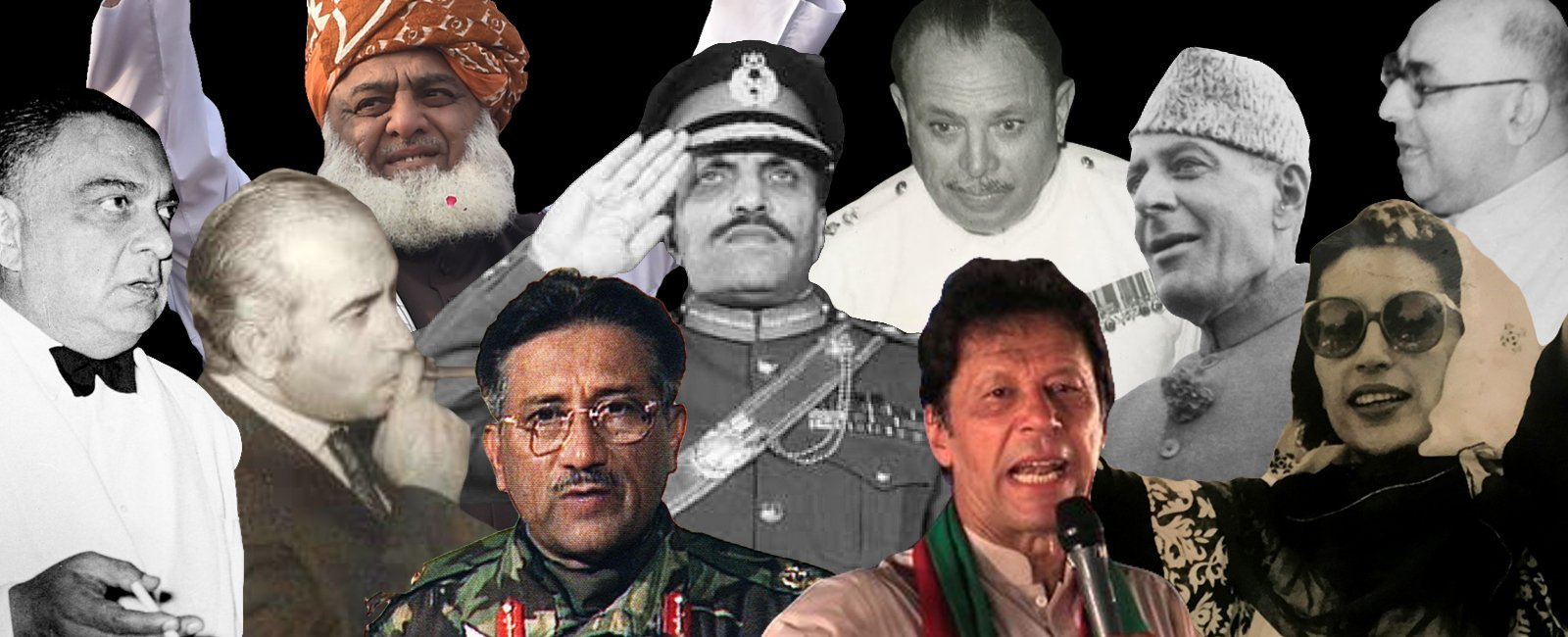October's historical and political significance in history of Pakistan
October saw Liaquat Ali Khan's assassination, numerous rulers' swearing-in and deposition, imposition of first martial law, and dissolution of first constitutional assembly

LAHORE: October holds a special historic and political significance in the 72-year history of Pakistan as sitting Premier Imran Khan, as well as his predecessors, Nawaz Sharif, Mir Zafarullah Jamali, former president General (retd) Pervez Musharraf, and Maulana Fazlur Rehman, would never forget the events they had prominently featured in during this month.
As far as Imran Khan is concerned, it was his very widely-attended October 30, 2011, rally at Lahore's Minar-e-Pakistan that had helped him rejuvenate his political entity Pakistan Tehreek-e-Insaf (PTI) and made him emerge as a front-line political leader. Imran has never looked back since, finally getting hold of the throne after a long political struggle in 2018.
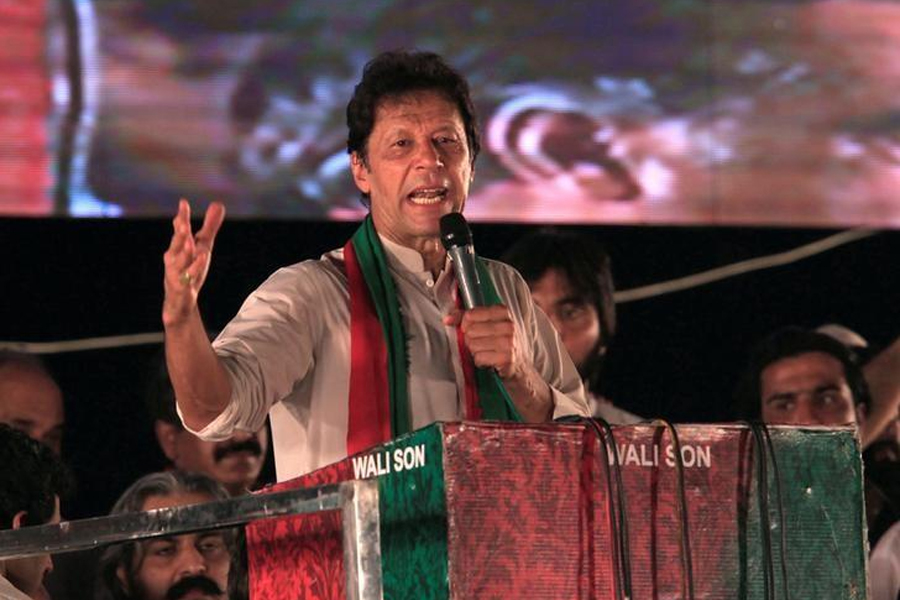
Exactly eight years later — or very recently — on October 30, 2019, Fazl has arrived in Lahore, leading a massive rally of supporters attending his long march against Imran Khan's government.
The religious cleric also addressed a large public gathering at Minar-e-Pakistan before proceeding towards the federal capital, Islamabad. The 66-year old Maulana, too, may never have led a crowd as massive as this one throughout his political career. What a coincidence!
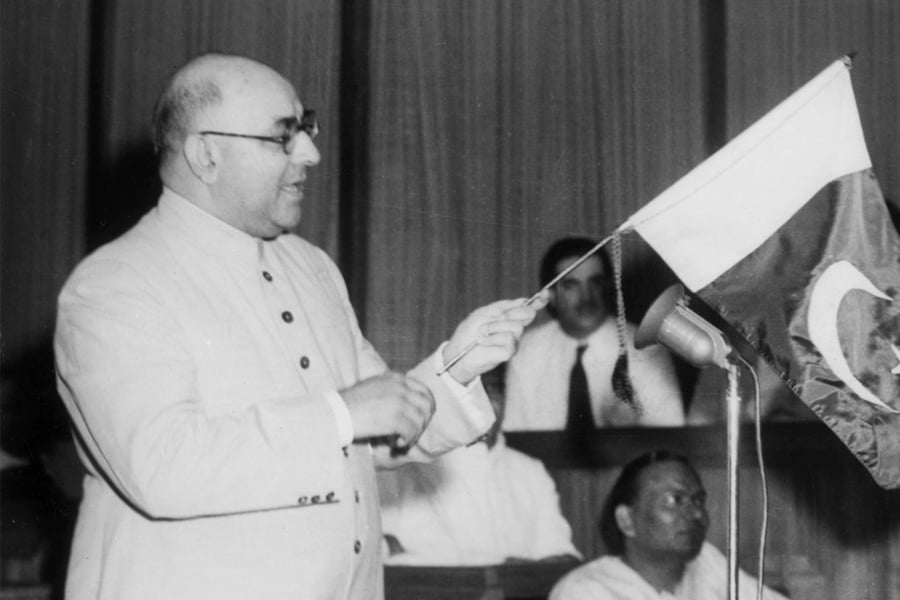
The month of October also saw the first Pakistani premier, Liaquat Ali Khan, getting assassinated, the swearing-in and deposition of numerous rulers, the imposition of the first-ever martial law, the dissolution of country's first constitutional assembly, and the holding of various ballot exercises.
Had Pakistan's former rulers — Gen Zia-ul-Haq, Benazir Bhutto, Malik Ghulam Muhammad, Khawaja Nazimuddin, Ayub Khan, Sir Feroz Khan Noon, and Iskander Mirza — been alive, they, too, would had fondly and unwillingly recalled their pleasant and unpleasant memories associated with this eventful month of October!
Currently stealing all the limelight and attention by leading an anti-government march towards Islamabad, Fazl had led Muttahia Majlis-e-Amal (MMA) — a political alliance consisting of conservative, religious, and far-right parties — during the October 10, 2002, elections, which had seen Mir Zafarullah Jamali emerge as country's prime minister.
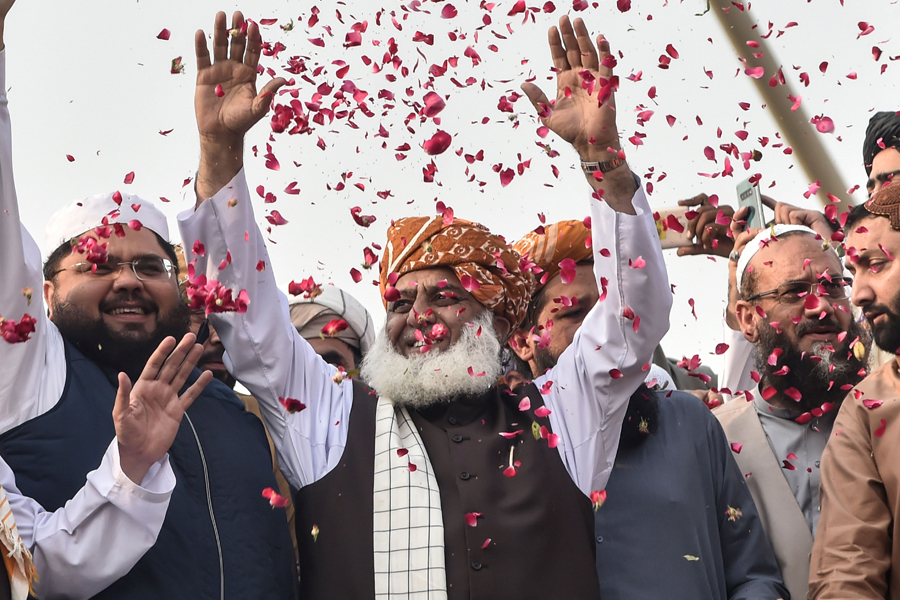
The Fazl-led MMA had bagged 63 seats in this ballot exercise to stun many within and outside the country. That had also gained global recognition at a juncture when all eyes were focused on Pakistan, which was acting as an ally of the United States-led international powers in their fight against Osama bin Laden and his militant outfit Al-Qaeda in Afghanistan after the 9/11 attack.
The October 2002 elections — which were held under a watchful scrutiny of Gen Musharraf's military government — had introduced multi-party democracy in the country by ending the two-party rule of Pakistan People's Party (PPP) and the Pakistan Muslim League-Nawaz (PML-N).
Ably supported by the-then President, Gen Musharraf, the Pakistan Muslim League-Quaid-e-Azam (PML-Q) had surfaced in Pakistan's mainstream political spectrum by bagging 126 seats, followed by the PPP that could win 81 seats in the National Assembly.
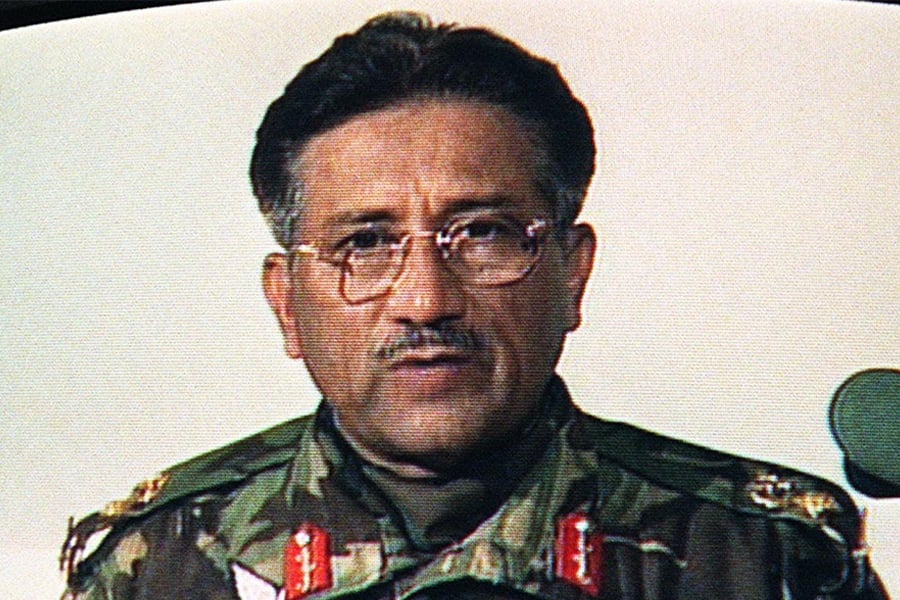
The PML-N had vanished into the oblivion during these polls as its leader Nawaz Sharif was languishing behind bars on orders of Gen Musharraf. Just about three years earlier, on October 12, 1999, Gen Musharraf had ousted Nawaz from the throne.
It was also in October 2010 that the former military ruler had launched his own new political party, the All Pakistan Muslim League (APML) at a club in London.
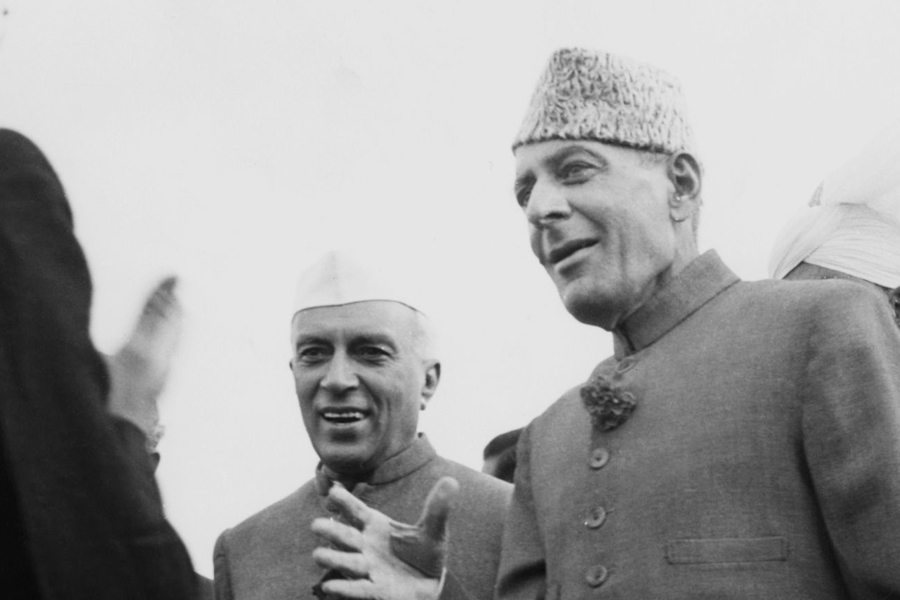
On October 16, 1951, Pakistan's first Premier Liaquat Ali Khan was assassinated at Rawalpindi. And, on October 17 the same year, Malik Ghulam Muhammad had assumed the charge as country's governor-general, with Khawaja Nazimuddin taking over as Prime Minister.
All this had happened some four years after Indian Air troops had landed in Kashmir on October 27, 1947, as the Maharajah of this state had declared accession with India.
On October 7, 1954, the then-foreign minister, Chaudhary Zafarullah Khan, became member of the International Court of Justice (ICJ) at The Hague.
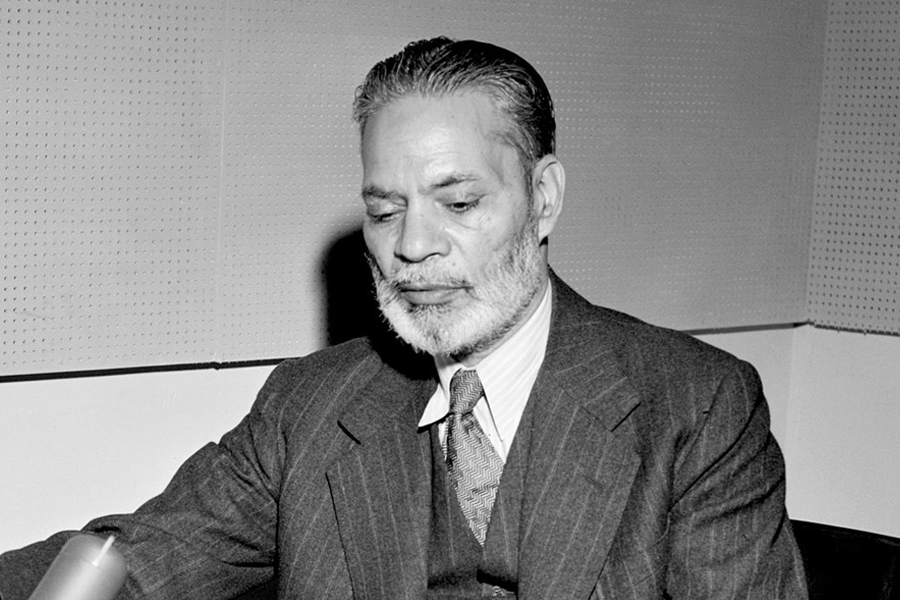
And on October 24, governor-general Ghulam Muhammad had dissolved country's first constitutional assembly. His resignation was accepted on October 6, 1955, and he was succeeded by Iskander Mirza.
On October 1, 1956, an Electorate Bill was introduced in the National Assembly providing for Joint Electorates in East and West Pakistan.
On October 7, 1958, the then-president Mirza had declared martial law in Pakistan, abrogating the 1956 constitution over being "unworkable" and full of "dangerous compromises" and Gen Ayub Khan was appointed Chief Martial Law Administrator.
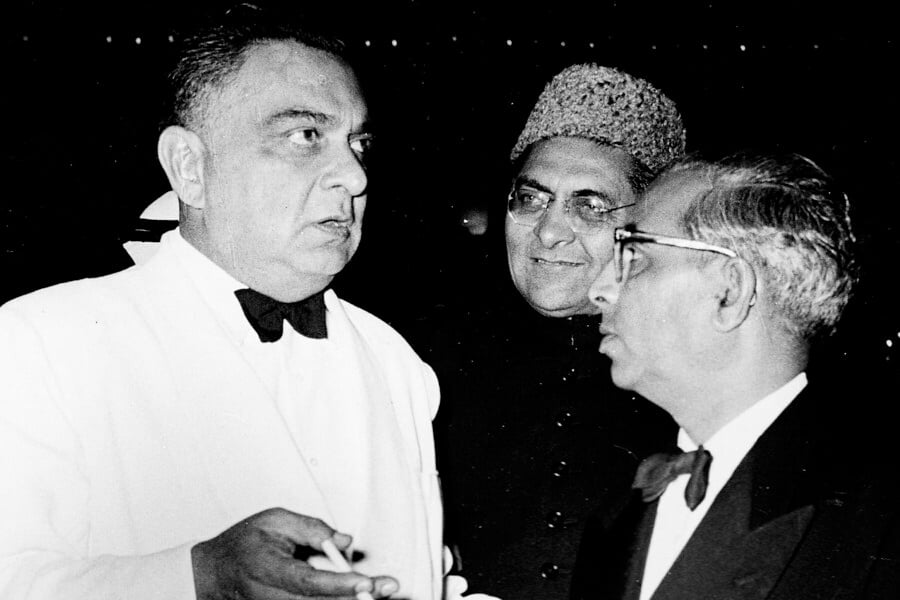
Mirza had dismissed the government of Sir Feroz Khan Noon and dissolved the National Assembly and the provincial legislatures. He also proceeded to outlaw all political parties and nominated Ayub Khan to become the new prime minister, charged with the task of administering the country.
On October 24 of the same year, Gen Ayub was sworn in as prime minister by Mirza. Just three days later, on October 27, however Gen Ayub forced Mirza to step down, becoming country's President himself.
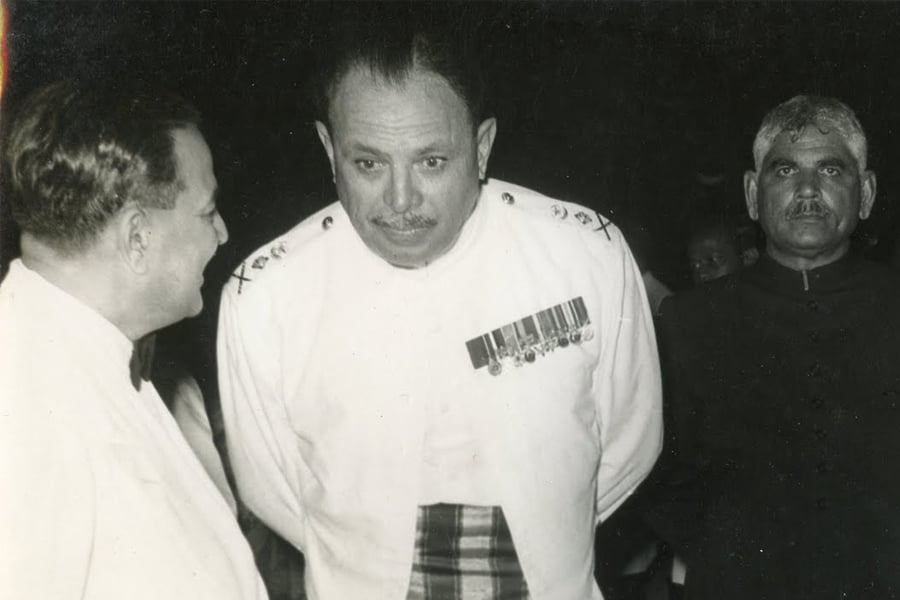
On October 26, 1959, the then-military ruler had introduced the concept of Basic Democracies and, the very next day, became a field marshal.
On October 22, 1964, Nazimuddin died in Dhaka.
On October 28, 1972, former president Zulfikar Ali Bhutto inaugurated the Karachi Nuclear Power Plant.
On October 5, 1975, Pakistan and Bangladesh agreed to establish diplomatic ties.
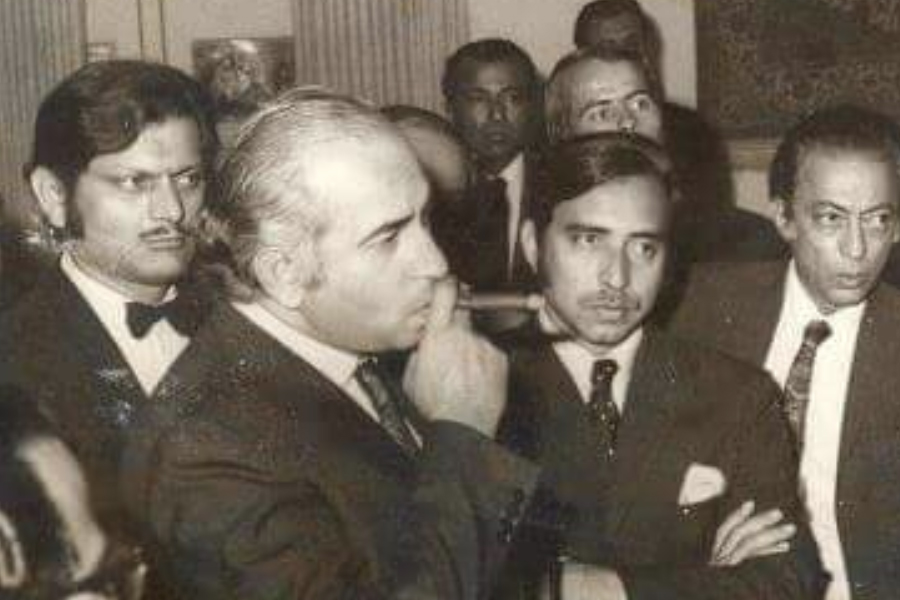
Three years later, on October 16, 1979, military ruler Gen Zia-ul-Haq had put off polls indefinitely, political parties were dissolved, and press censorship was imposed.
On October 6, 1988, eight political parties had formed the Islamic Jamhoori Itehad (IJI) but were unable to prevent PPP's Benazir Bhutto from winning the November 1988 polls and becoming the premier.
On October 24, 1990, general elections were held.
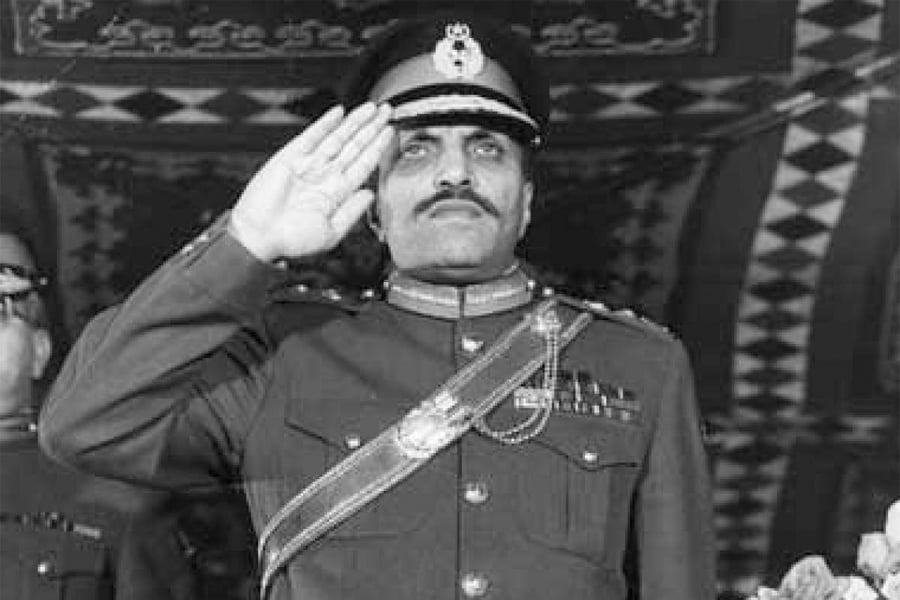
While IJI bagged 106 seats, the Pakistan Democratic Alliance (PDA) — of which the PPP was the main component — could win only 45 seats in the NA. Nawaz became Pakistan's 12th prime minister on November 1, 1990, succeeding Bhutto and becoming the head of IJI.
On October 6, 1993, yet another electoral exercise was held in the country. While the Benazir-led PPP had won 86 seats, runners-up PML-N could secure 72 seats. On October 19 of the same year, Benazir was elected Pakistan's prime minister for the second time.
On October 8, 2005, a devastating earthquake — the worst-ever in Pakistan's history — had jolted Kashmir and erstwhile North-West Frontier Province (NWFP), now Khyber Pakhtunkhwa (KP), leaving more than 80,000 people dead.
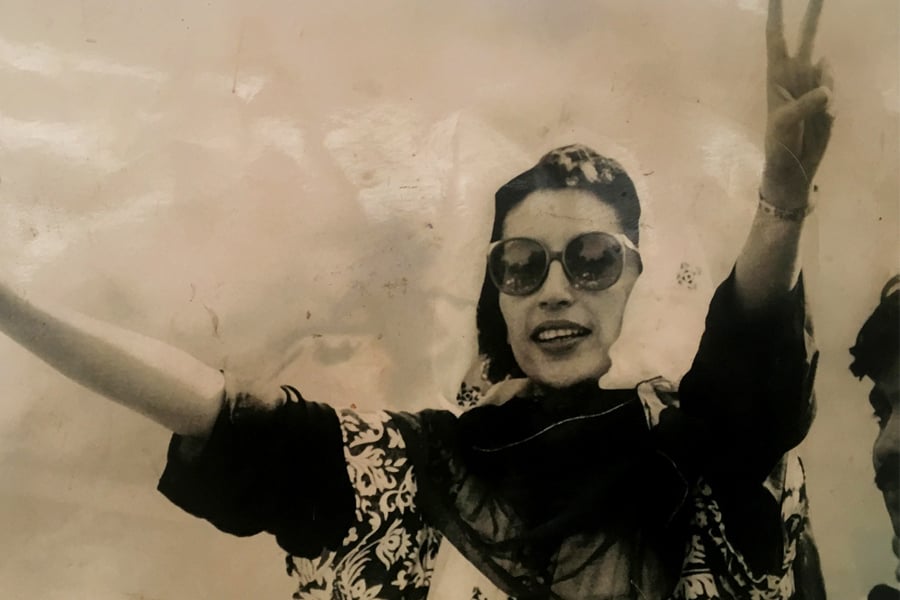
On October 18, 2007, Benazir had returned to Pakistan after an exile of about eight years but was greeted by a bomb attack — targeting her motorcade — in Karachi. The attack had occurred two months before she was assassinated.
This event — known as "Karsaz Incident" — had resulted in at least 180 deaths and left 500 people wounded. Most of the deceased were members of the PPP.



